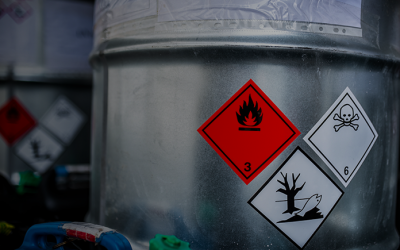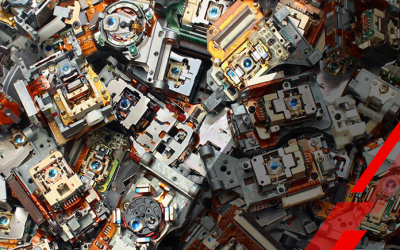The terminology surrounding waste management tends to be confused and conflated. This is particularly true of industrial waste—sometimes called “manufacturing waste.”
Service Request
Have waste that requires compliant handling or disposal? Fill out our service form and an MCF Environmental Representative will get back to you quickly with next steps!
Please note we do not provide disposal services for household waste
















